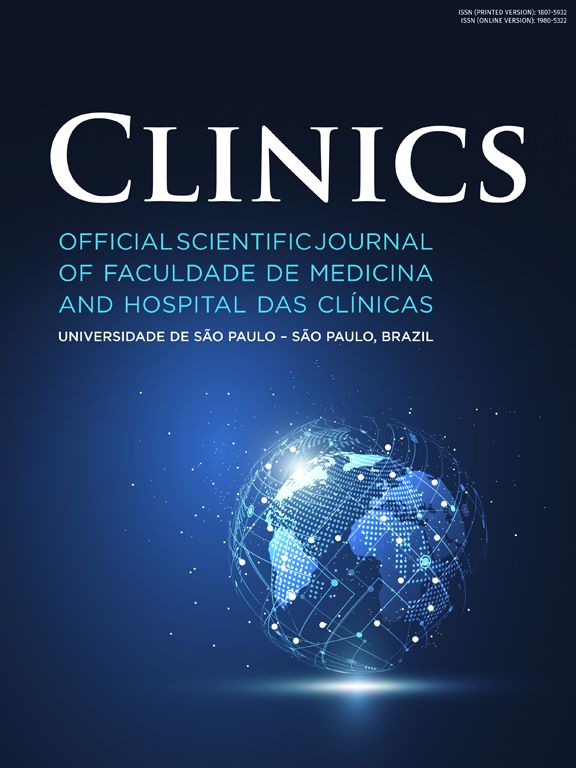Dear Editor,
We read with interest the article ‘‘Medical adverse events in elderly hospitalized patients: A prospective study,” by Szlejf et al. (1). Using predictive factors, the authors aimed to determine the frequency of adverse medical events in elderly patients who were admitted to an acute care geriatric unit and the correlation between adverse events and hospital mortality rates. They defined an adverse medical event as an unintentional injury or complication that resulted in disability and was caused by physician management rather than the patient’s underlying disease process. The patients with adverse medical events had significantly longer hospital stays and higher mortality rates than those patients without adverse events. Mortality was significantly predicted by the Simplified Acute Physiology Score II score, poorer functional status at admission and the occurrence of adverse medical events (1). We believe that these findings will serve as a guide for further studies about adverse events in elderly patients in acute care geriatric units.
Delirium correlates with higher hospital mortality rates and greatly impacts the health of hospitalized older patients. Delirium is an acute psychiatric syndrome that is characterized by a transitory and important disorganization of cognitive function, which is caused by changes in brain metabolism. It is a frequent problem in hospitalized older patients and has a prevalence rate of 25%, depending on the study, and a hospital mortality rate of 30% (2).
In a multicenter European study of patients who were at least 65 years old, death correlated with functional and cognitive impairment (3). One of the main contributions of this study was confirmation of the importance of delirium as a factor associated with death in elderly hospitalized patients. Patients who are affected by this disorder experience prolonged hospitalizations and functional decline. In addition to delirium, functional decline, disease severity, cognitive impairment, comorbidity scores, polypharmacy, neoplastic diseases, immobility, congestive heart failure history, albumin levels <3.3 g/dL, creatinine levels ≥1.3 mg/dL and advanced age are all highly correlated with mortality in older patients who are admitted to geriatric wards (4).
The importance of this diagnosis as an indicator of poor prognosis and increased hospital stays indicates that geriatric patients who are agitated or have acutely impaired cognitive functions should be assessed for delirium. Implementing preventive measures and daily cognitive evaluations are crucial for diminishing the impact of delirium on patient outcomes. According to this study, patient mortality was significantly predicted by the Simplified Acute Physiology Score II score, poorer functional status and adverse medical events. Further studies are being conducted to investigate this issue. Adverse medical events should be monitored in all elderly hospitalized patients because there is no risk profile for sensitive patients, and the consequences of the adverse events are serious and may lead to longer hospital stays or even death.
No potential conflict of interest was reported.




